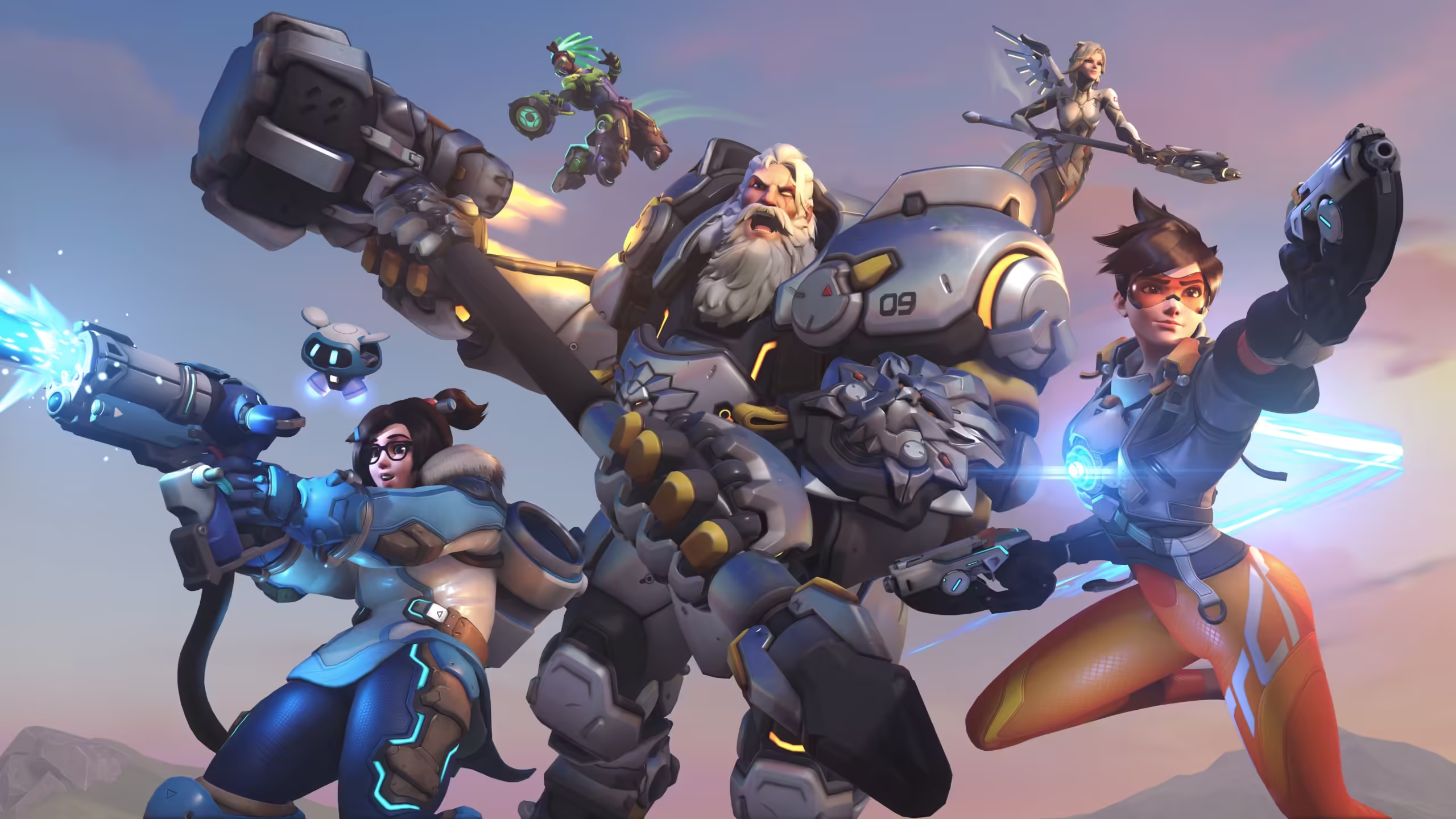When to Switch Roles Mid-Game: OW2

In Overwatch, teamwork and adaptability are key to success. One of the most important aspects of gameplay is understanding role flexibility—knowing when to switch roles mid-game can be the difference between victory and defeat. In this post, we’ll explore the importance of role flexibility and offer tips on when and how to make those crucial switches.
Why Role Flexibility Matters
Role flexibility allows your team to adapt to changing circumstances during a match. Whether you’re facing a particularly strong enemy composition or your teammates are struggling in their roles, being able to switch roles can provide the advantage needed to turn the tide.
Signs It’s Time to Switch Roles
- Countering Enemy Heroes
- If you notice that the enemy team is heavily relying on a specific hero, such as a powerful tank or a flanking damage dealer, switching to a hero that counters them can significantly improve your team’s chances of winning. For example, if the opposing team has a Reinhardt and your tank is struggling, consider switching to a more agile tank like Winston.
- Supporting Teammates in Need
- If your team’s support player is consistently overwhelmed or your damage dealer isn’t getting enough healing, stepping into a support role can help balance the team dynamics. This is especially important in high-pressure situations where every second counts.
- Adjusting to Map Dynamics
- Certain maps favor specific roles. If you’re playing on a map with tight corridors, for instance, a damage hero with area control might be more effective. Recognizing when to adapt your role based on the map can enhance your team’s performance.
- Team Composition Changes
- Sometimes, the initial team composition may not work as planned. If your team lacks a dedicated tank or support, it’s essential to communicate with your teammates and make a switch to fill those gaps.
How to Effectively Switch Roles
- Communicate with Your Team
Keyword: Overwatch team communication
Let your team know your intentions. A quick message in voice or text chat can set expectations and help coordinate the switch seamlessly. - Stay Informed About the Meta
Understanding the current meta can inform your decisions about which roles to switch to. Familiarize yourself with the most effective heroes for various situations. - Practice Multiple Roles
The more comfortable you are with different roles, the easier it will be to make effective switches. Regularly practicing tank, support, and damage roles will enhance your overall game knowledge.
Conclusion
Mastering role flexibility in Overwatch is essential for improving your gameplay and contributing to your team’s success. By recognizing when to switch roles and communicating effectively with your teammates, you can adapt to the ever-changing dynamics of each match.
Call to Action
If you want to elevate your skills and improve your rank in Overwatch, consider my professional boosting services. With a team of experienced players, we can help you navigate the complexities of role flexibility and achieve your desired rank efficiently. Contact us today to learn more!
Get ready to rank up!
Select your game
unlock your full potential and become a force
to be reckoned with!